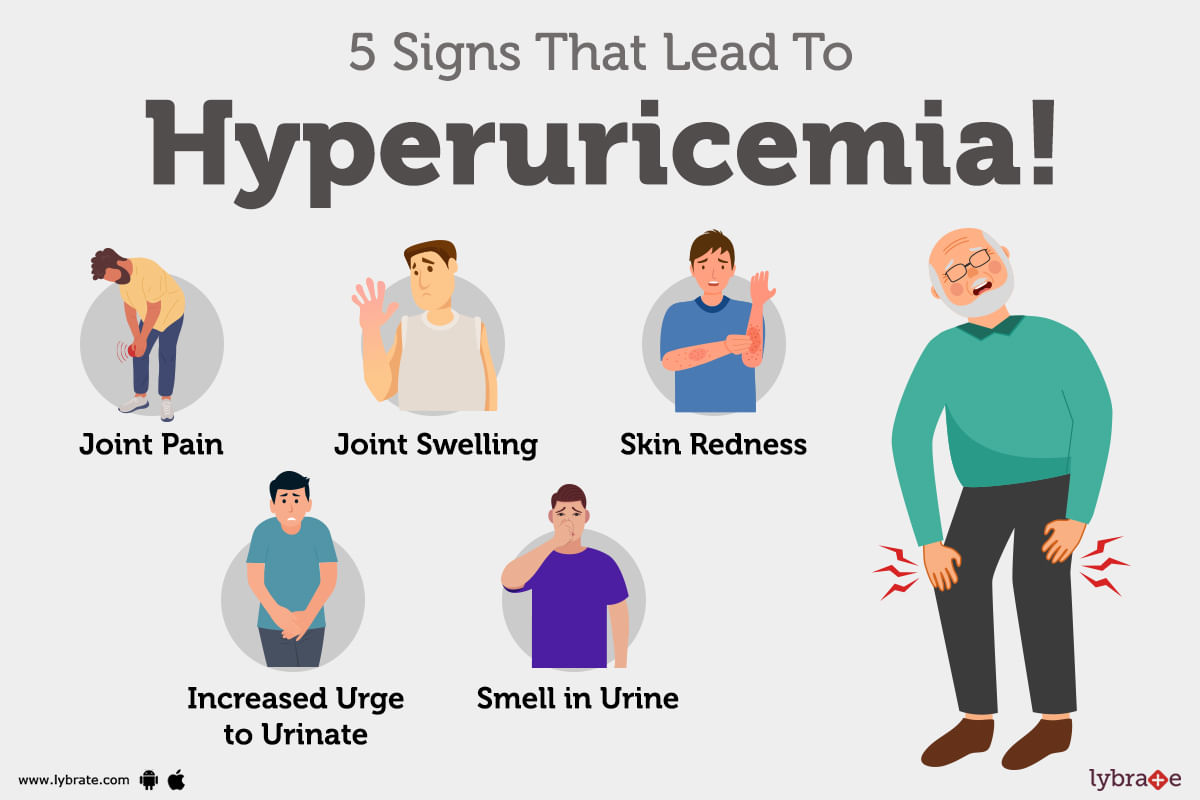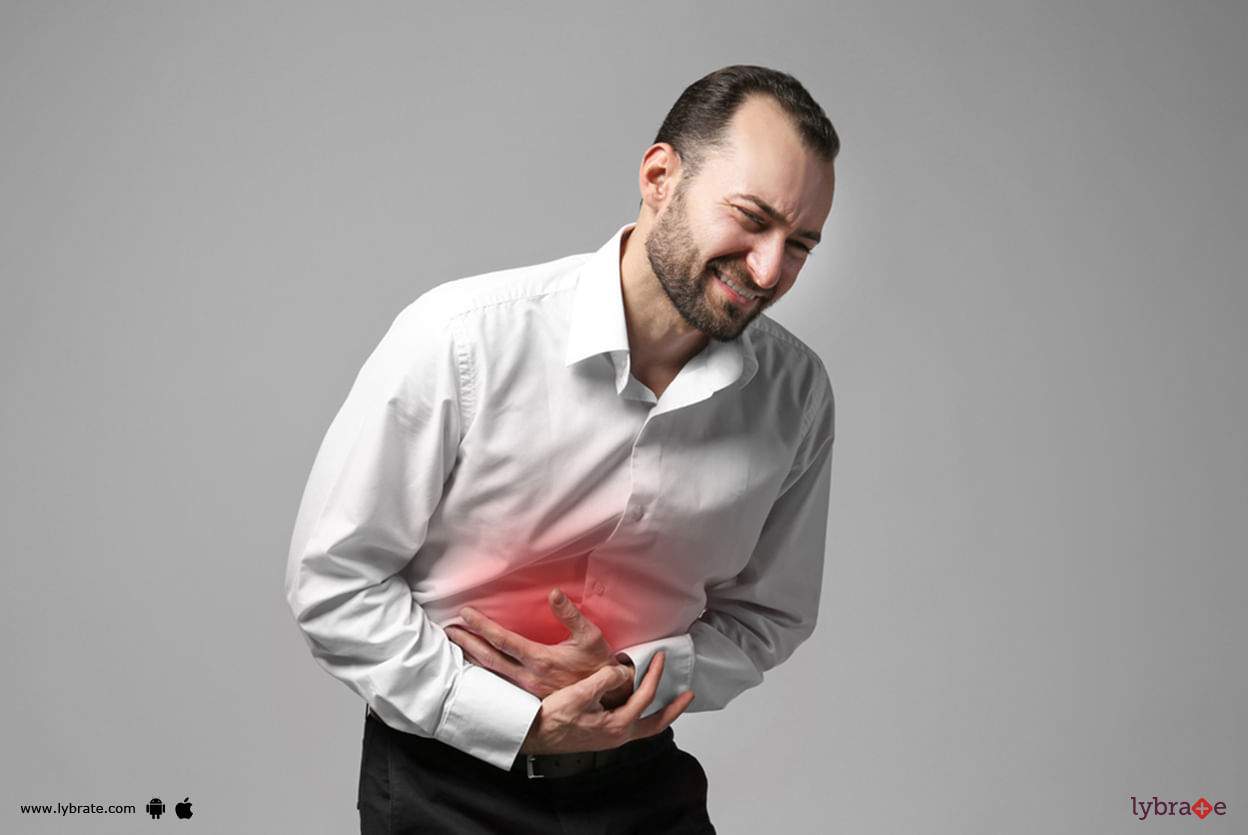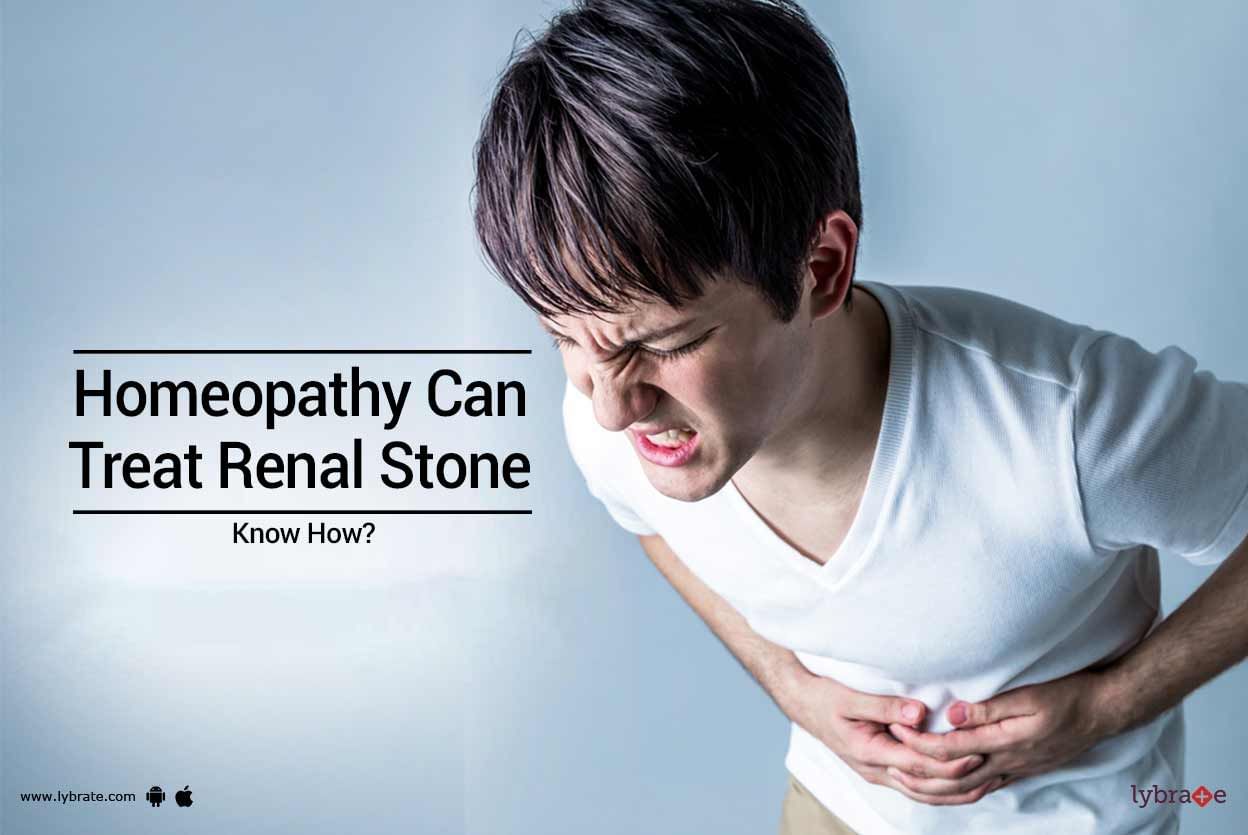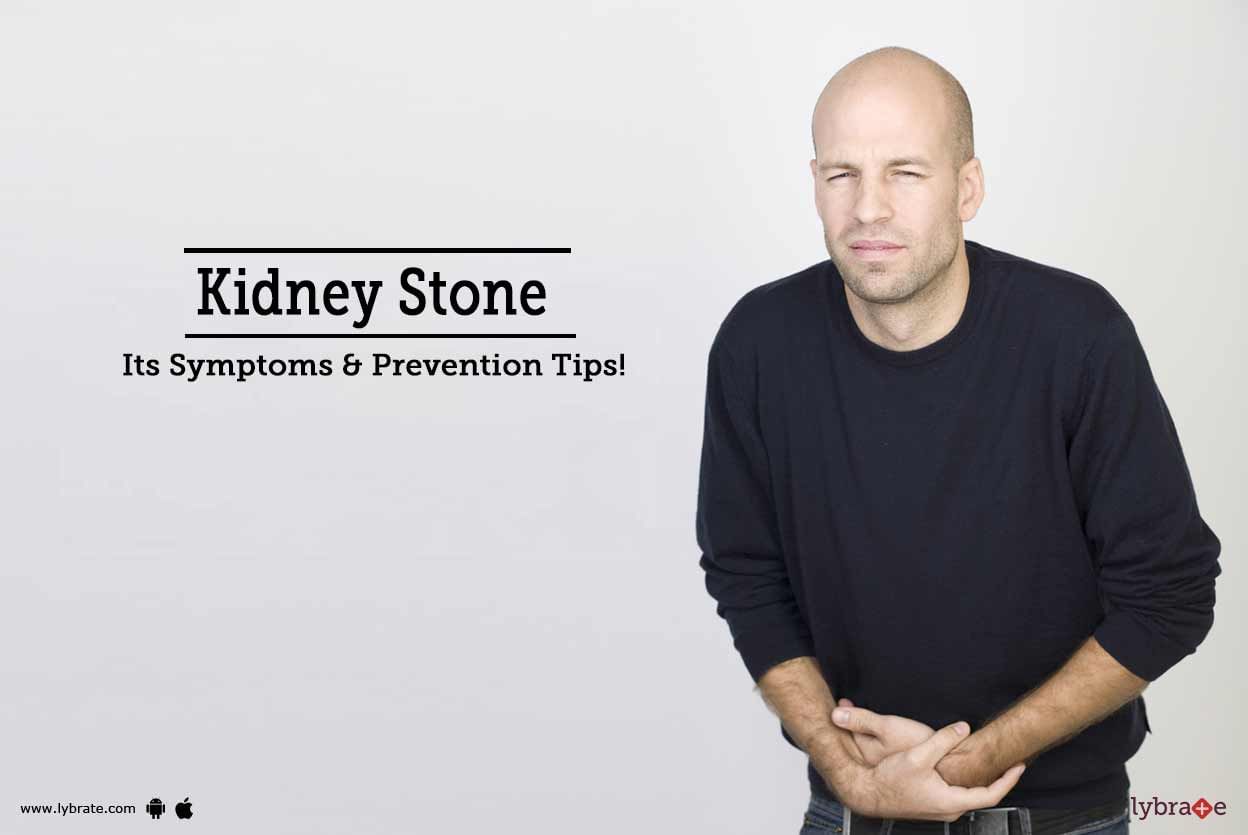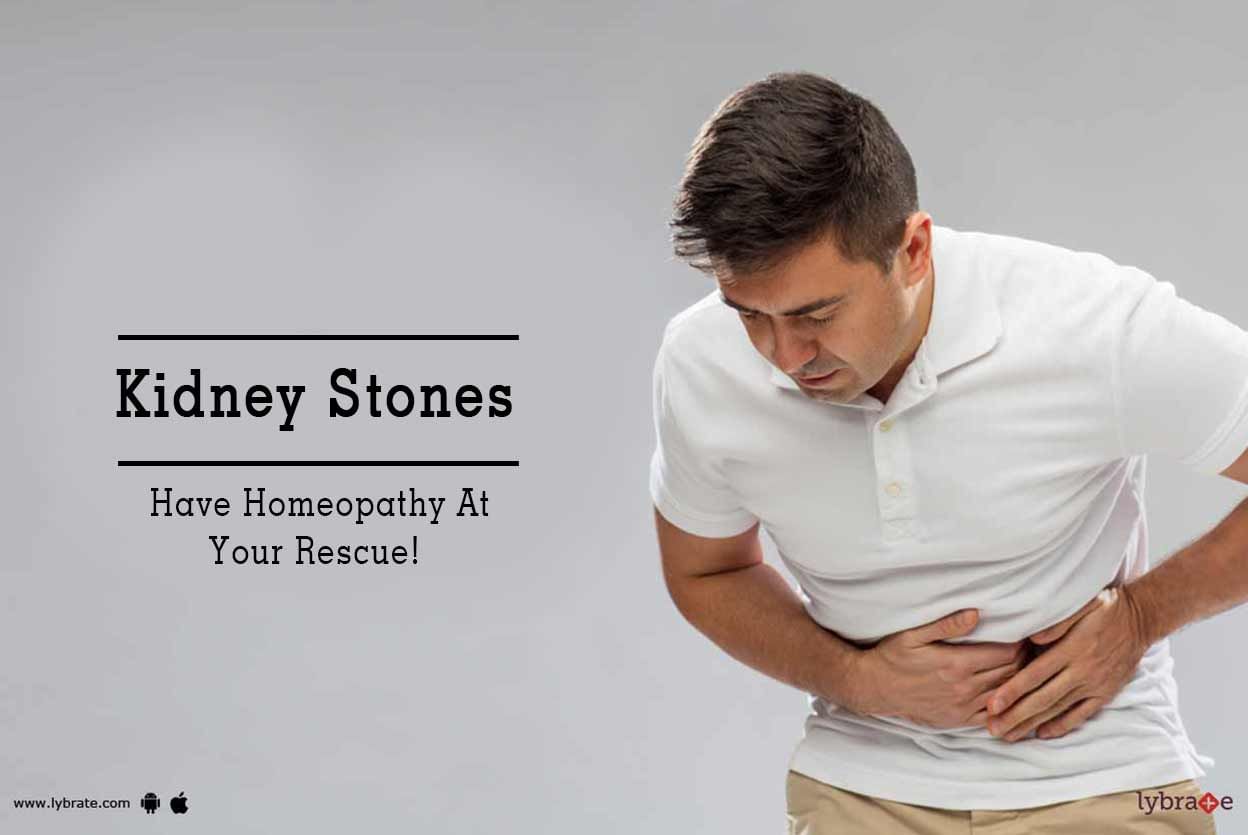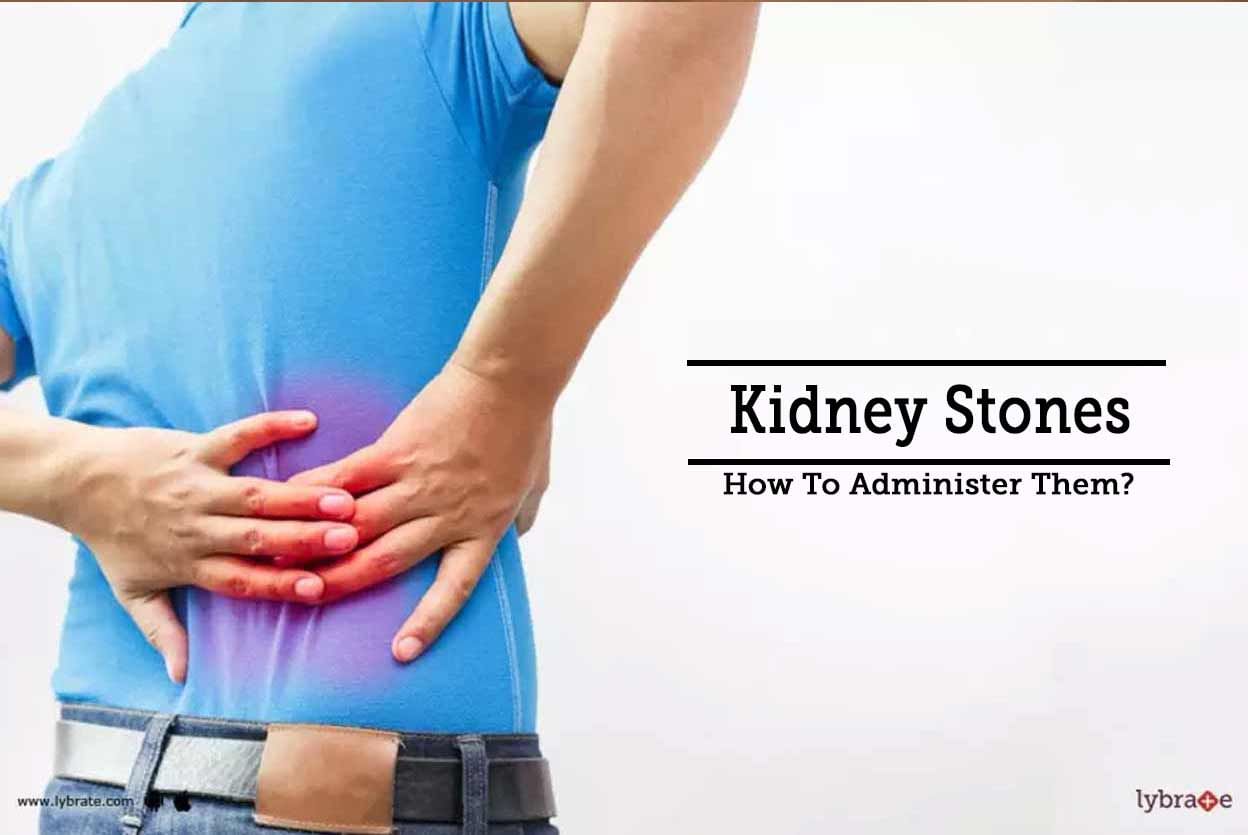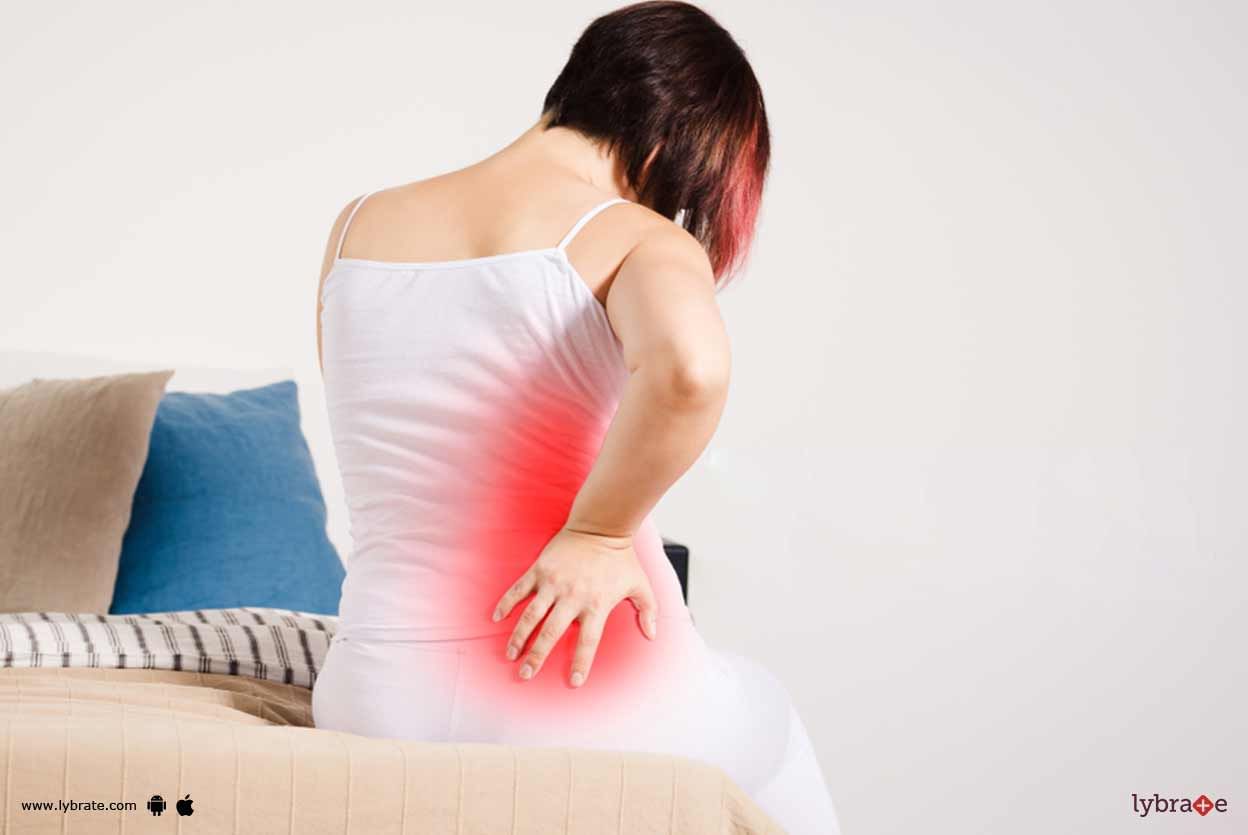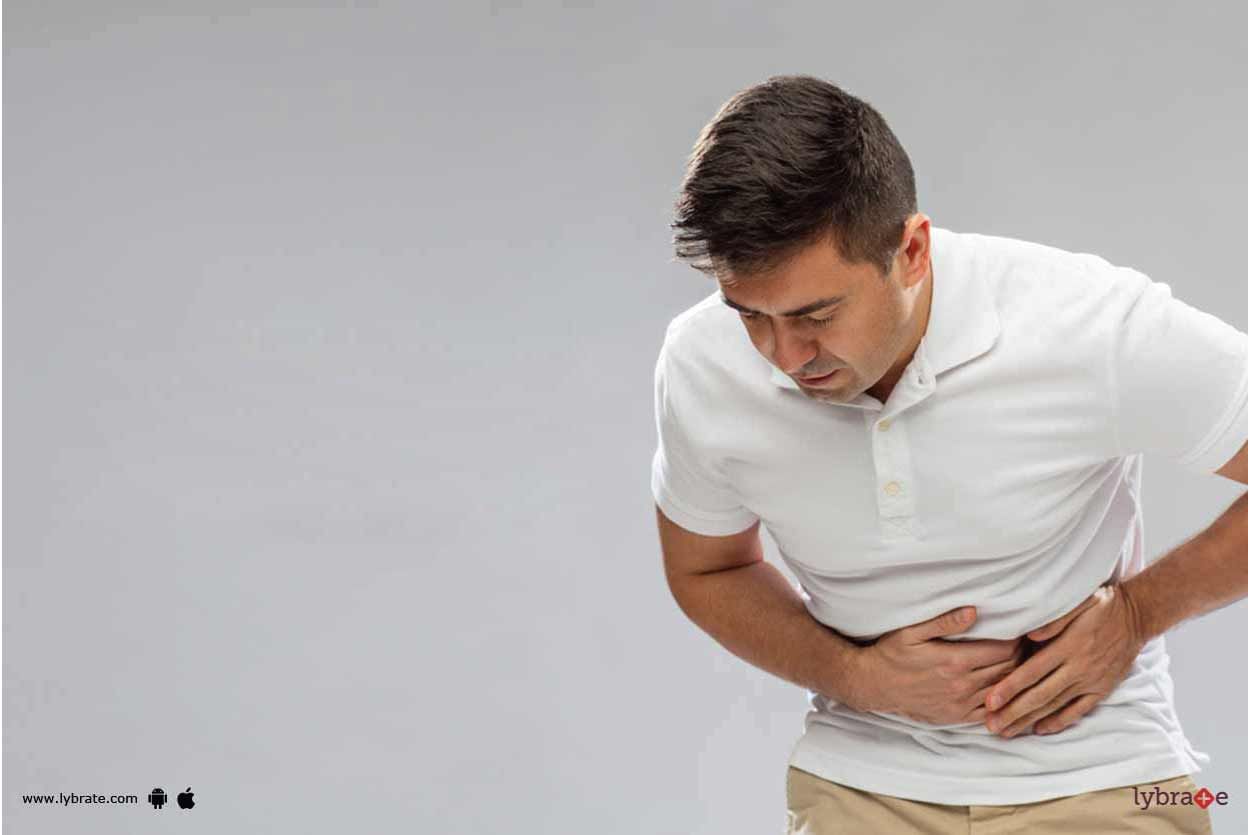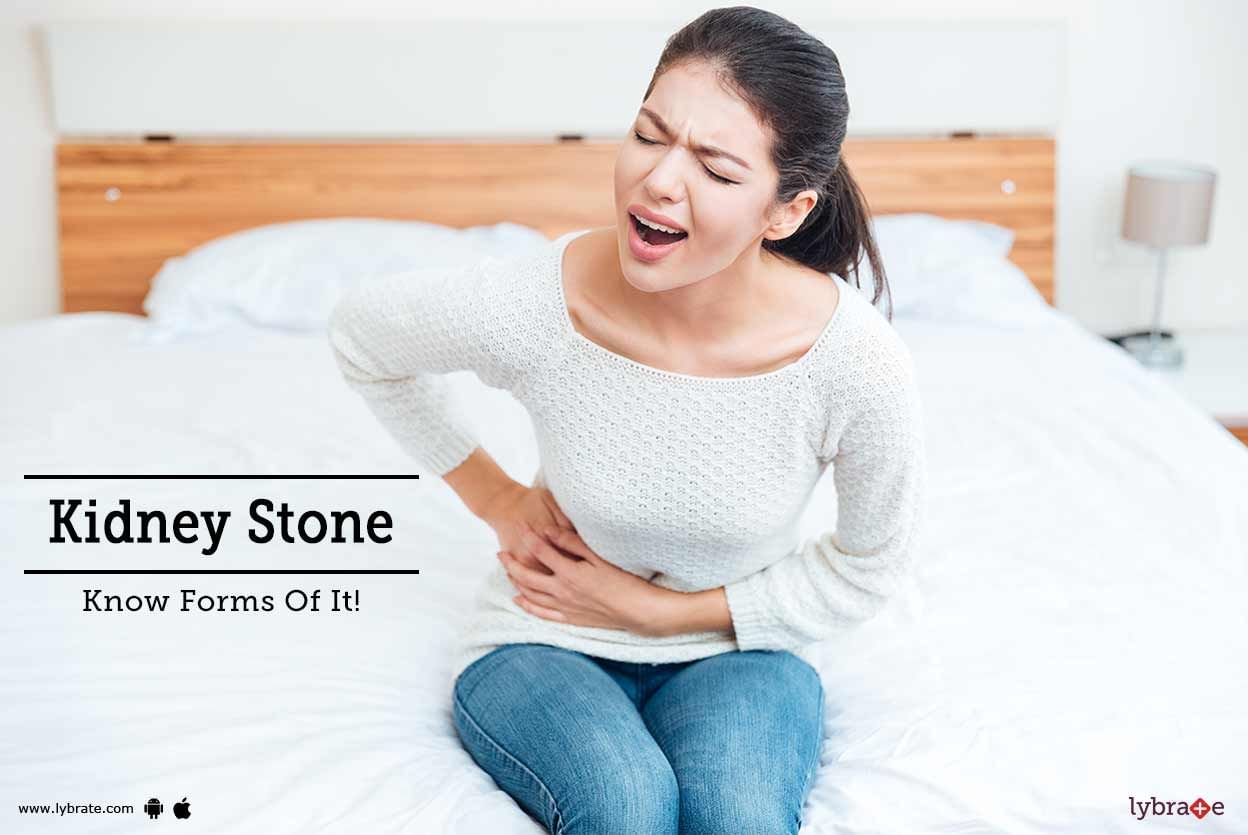Get the App
For Doctors
Login/Sign-up
Health Feed
Find Doctors
Health Packages
AllQ&AsTipsQuizzes
Urine Stone Tips
Last Updated: 2 years ago• Featured Tip
Share
Bookmark
Report
When there are high levels of uric acid in the blood a condition occurs called hyperuricemia. When there are high levels of uric acid in the blood it can lead to many diseases like highly painful arthritis disease called gout.
High uric acid can lead to many more health problems like kidney diseases, heart diseases and a few more. ;
Purines are nucleic acid ring structure bases. When these purines break down in the body uric acids are formed. Thes...more
Last Updated: 5 years ago• Featured Tip
Share
Bookmark
Report
Kidney stones are often small enough and pass through urine without much bother. Most kidney stones are smaller than 4 mm in diameter. Having said this, even the smallest of kidney stones can be really painful until they pass through urine. It typically takes a couple of days for the body to get rid of it. While medication and self-care are the foremost options, there are a range of other options as well available for treating kidney stones.
Admission to a Hospital-
You must ge...more
Admission to a Hospital-
You must ge...more
Last Updated: 5 years ago• Featured Tip
Share
Bookmark
Report
Solving renal stone problems with the use of Homeopathic treatment. Renal stones or renal calculi regularly allude to stones in the urinary framework. These are quite stores or minerals that structure anyplace in the urinary framework ie the kidney or the bladder or the urethra. Renal stones can be entirely agonizing. The agony is typically felt in the lower stomach area or lower back which is the kidney region. In situations where there is some impediment of the urinary tract, there might be la...more
Last Updated: 6 years ago• Featured Tip
Share
Bookmark
Report
The pair of kidneys that human beings have forms an important part in the excretory system. They perform specific and important functions. They excrete urine as well as help in eliminating the toxins which accumulate in the body. Kidney stones occur when the minerals present in the urine without being discharged, keep on accumulating. This gives rise to an extremely painful and uncomfortable situation. Though sometimes the situation gets revoked all by itself, many times it requires medical inte...more
Last Updated: 6 years ago• Featured Tip
Share
Bookmark
Report
Many theories and as many reasons are given, but in most of cases, cause of stone formation in the kidneys is not clear. Biochemical dysfunction seems to be the only possible explanation. Stones generally develop very slowly.
The tendency to stone formation may be hereditary. Stones may vary in size from sand particles to large stone. Urinary stones may be present for many years and may give rise to no symptoms. When a stone obstructs the urinary passage, mild pain to severe renal colic...more
The tendency to stone formation may be hereditary. Stones may vary in size from sand particles to large stone. Urinary stones may be present for many years and may give rise to no symptoms. When a stone obstructs the urinary passage, mild pain to severe renal colic...more
Last Updated: 6 years ago• Featured Tip
Share
Bookmark
Report
Kidney stone formation is the most common kidney disease, and people who have had it, would immediately be reminded of the severe pain (loin to groin) in the back.
How stones are formed?
The kidney functions as the body s filters in removing wastes from the body through urine.
Most of the waste is in the form of salts and when there is excessive salts and reduced amount of water, there could be formation of crystals or stones in the kidneys.
Symptoms
Reduced am...more
How stones are formed?
The kidney functions as the body s filters in removing wastes from the body through urine.
Most of the waste is in the form of salts and when there is excessive salts and reduced amount of water, there could be formation of crystals or stones in the kidneys.
Symptoms
Reduced am...more
Last Updated: 6 years ago• Featured Tip
Share
Bookmark
Report
Having a stone in any organ of the body can be a harrowing experience but having a stone in your kidney is the most dreadful experience of the lot. The presence of a kidney stone causes excruciating pain in the host s pelvic area, and if the stone enters the urinary tract of the host, the misery of the patient increases manifold. The urinary tract may also get jammed due to the presence of the stone, thereby causing problems in the urinary flow of the patient.
Ways to Manage a Kidney St...more
Ways to Manage a Kidney St...more
Last Updated: 6 years ago• Featured Tip
Share
Bookmark
Report
Kidney stones are often small enough and pass through urine without much bother. Most kidney stones are smaller than 4 mm in diameter. Having said this, even the smallest of kidney stones can be really painful until they pass through urine. It typically takes a couple of days for the body to get rid of it. While medication and self-care are the foremost options, there are a range of other options as well available for treating kidney stones.
Admission to a Hospital-
You must ge...more
Admission to a Hospital-
You must ge...more
Last Updated: 6 years ago• Featured Tip
Share
Bookmark
Report
Kidney stones can range from being the size of a grain to a pebble. These stones can be described as crystallized mineral deposits in the kidneys. Some kidney stones can be passed out of the body along with urine while others may require surgery. Symptoms of having a kidney stone vary from mild to severe. In the case of very small kidney stones, the patient may not experience any symptoms at all. The 5 most common kidney stone symptoms usually experienced are:
Pain: Pain in the lower ab...more
Pain: Pain in the lower ab...more
Last Updated: 6 years ago• Featured Tip
Share
Bookmark
Report
The kidneys are the main excretory organs of the body and are responsible for removing all mineral wastes from the body. This high concentration of minerals predisposes them to form stones- which are small crystals of various minerals they are exposed to. The entire urinary tract starting from the kidneys, the ureters, and the bladder are at risk of developing stones. The risk is higher in people who do not drink enough water, as the minerals are not able to be cleared out.
Depending on...more
Depending on...more
Book appointment with top doctors for Urine Stone treatment
View fees, clinic timings and reviews
Ask a free question
Get FREE multiple opinions from Doctors
posted anonymously


